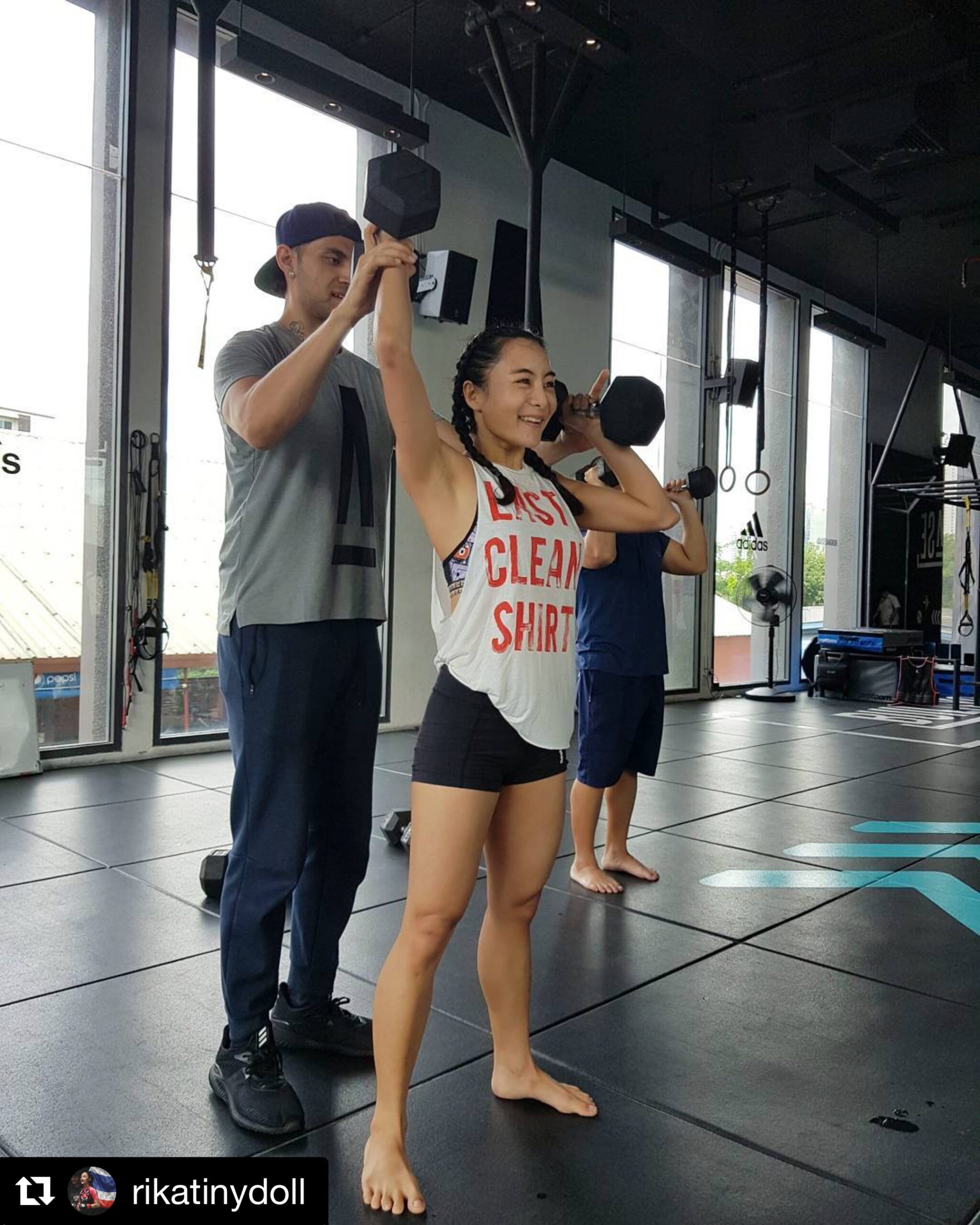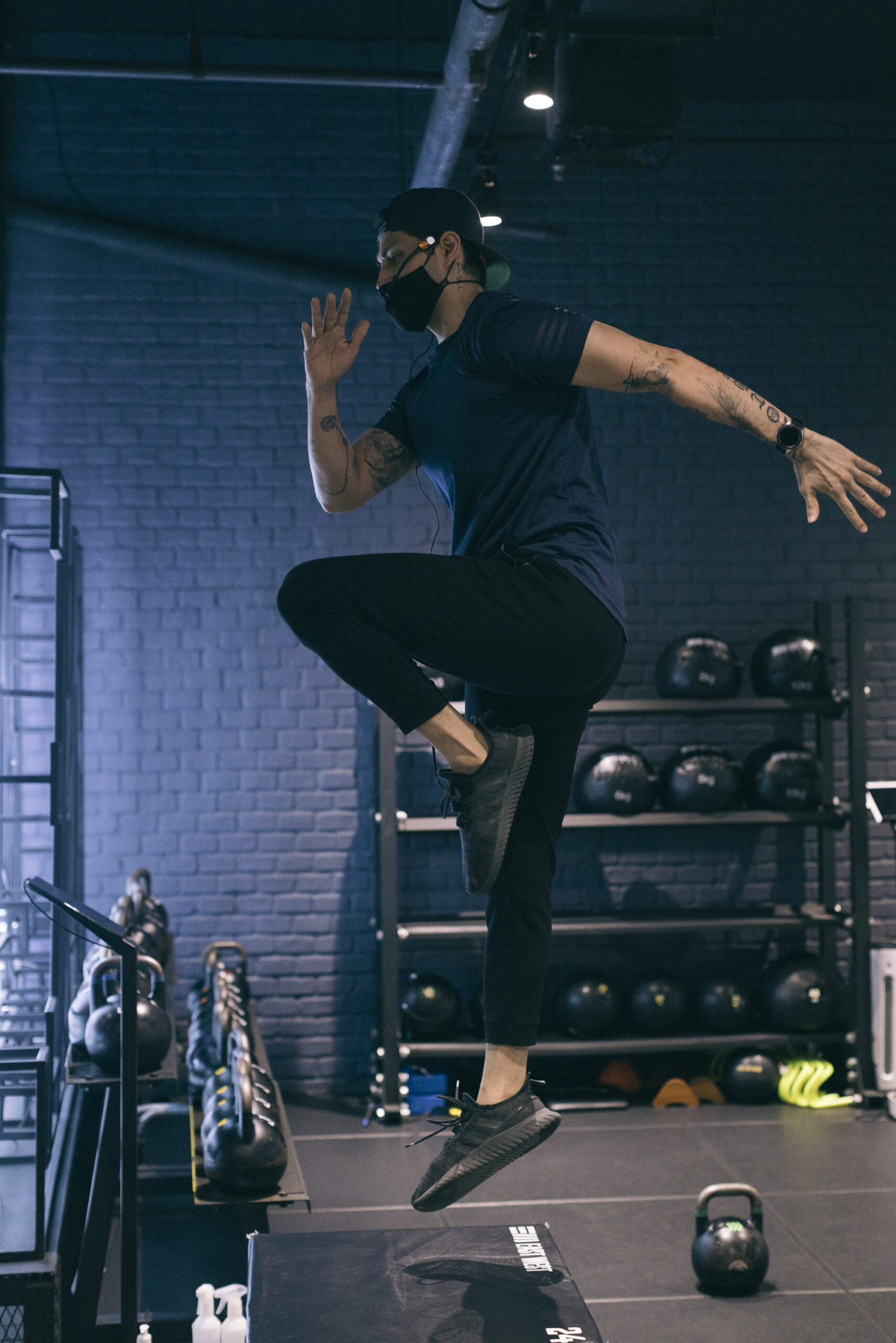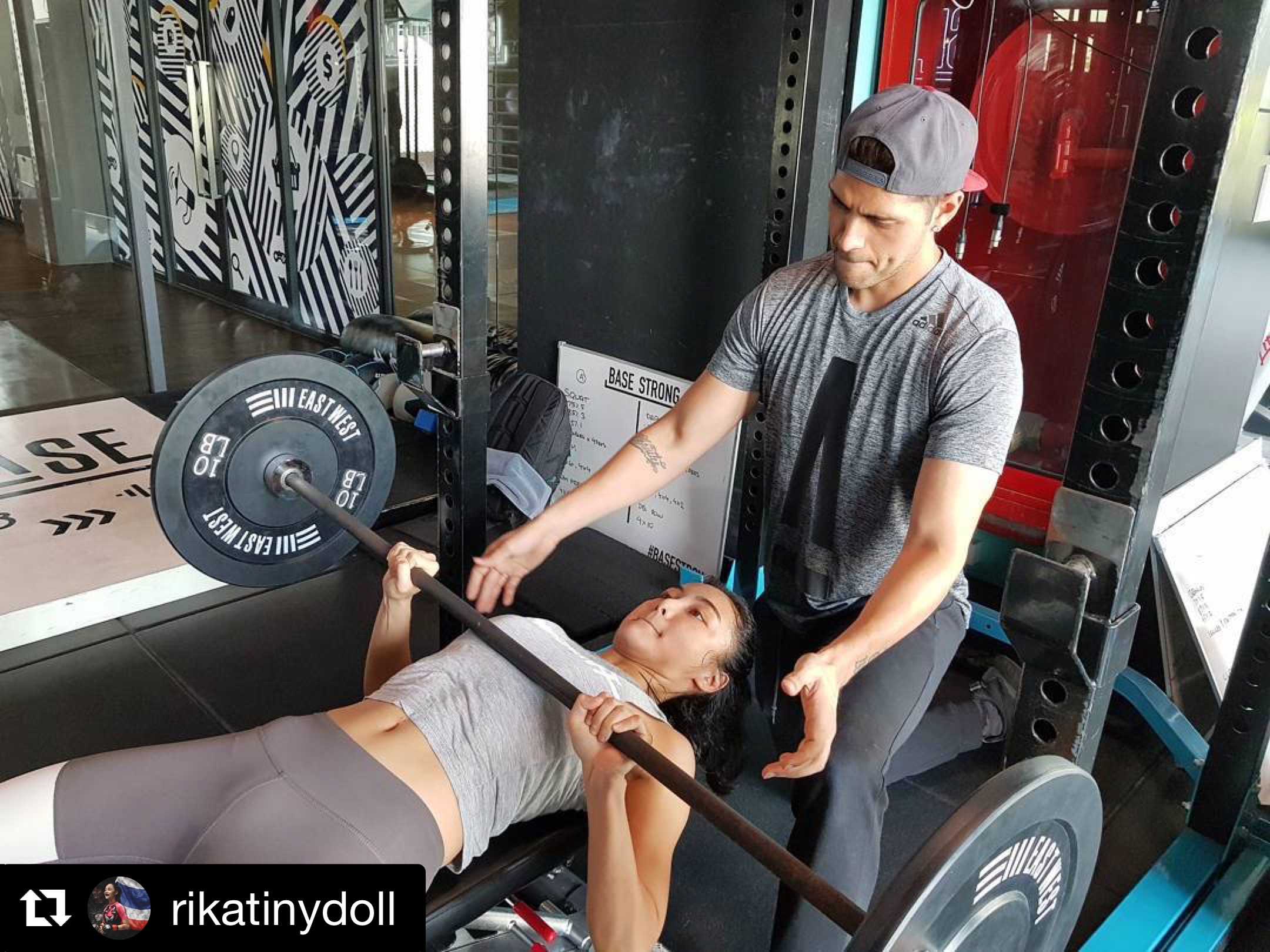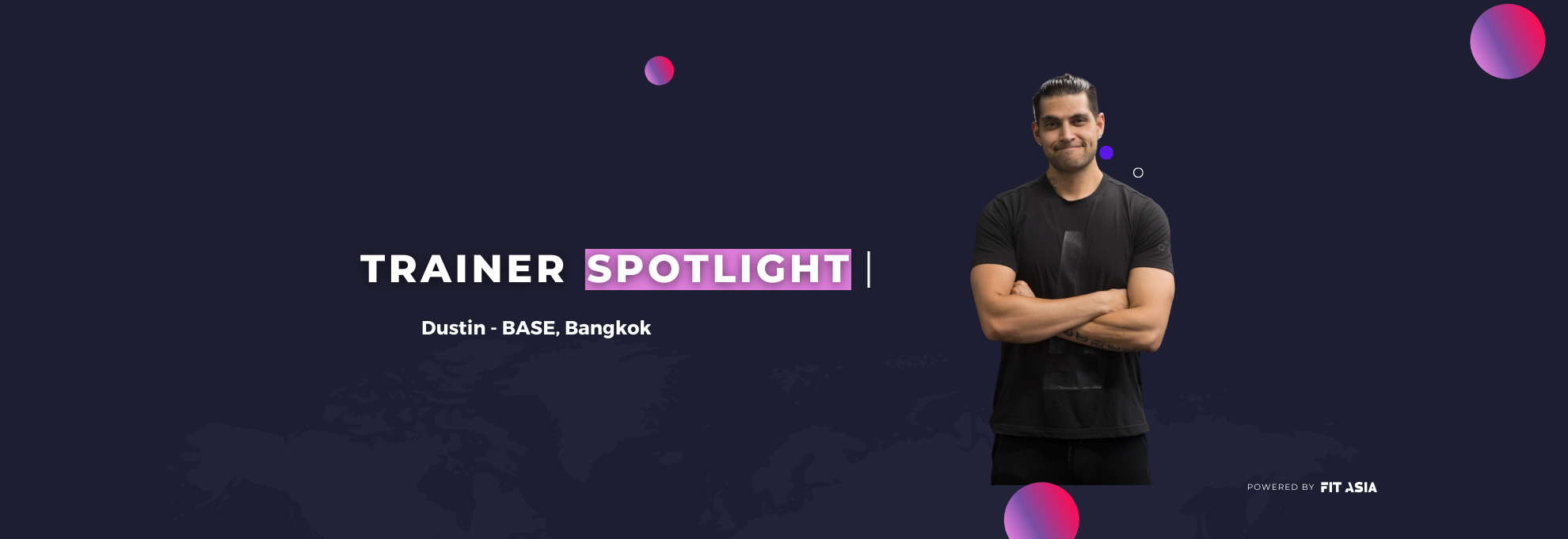Tell us a little bit about you
I’m a Fitness Coach at BASE and I’m known for fun, engaging classes. A fun fact about me is I’ve been coaching for 12 years and have completed over 15,000 personal training sessions.
What made you pursue the career path you are now on?
Around 13 years ago I had a sudden bout of bad back pain that was so intense I could not move. I was completely bedridden. I went to see the doctor, supposedly the best for this in Thailand, and he was heavily encouraging me to get surgery. This didn’t feel right to me so I did my research and started rehabilitating myself, first through swimming and then through light weight training.
My back pain slowly got better and then completely went away. I then got more into training as I enjoyed getting stronger and could feel the health benefits. When I started helping my friends with their training, I really enjoyed it and felt as though my true passion had been ignited. I then made the decision to enter the fitness industry as a coach.
Do you recommend getting a fitness qualification/certification over gaining actual experience first, and why?
I believe that experience trumps qualifications. Although, of course, many qualifications and courses are comprehensive, many of them don’t require practical usage and are often completed in a weekend. I believe that trying and testing new found knowledge across many different people is the best way to become a great coach.
For a new coach, I think both are important – do your qualification, but make sure you get the experience too to really back it up.
 What does your typical day at BASE look like?
What does your typical day at BASE look like?
Ha – it’s certainly not as smooth and fun as it might look! I will typically see between six and ten clients in one day and whilst I love training them, it’s certainly hard work. I try to see a few clients early, with a break in the middle of the day to focus on my training and education, followed by a few clients in the evening.
Does tech & innovation help your career?
To be honest, I stick to fundamentals and the only technology I’ve really used is apps to track and record my clients’ progress.
How do you define success, and what are some of the challenges you had to overcome?
One of toughest times for me was when I first got into the industry and wasn’t earning much. My family wasn’t very supportive so I had to fight hard to make my career a success and start earning more money.
Now that I’m an established coach and I’m doing well, my family is more accepting. They can see that I love what I do, and am happy that I can make good money doing this too.
What are some of your top tips to pass to current and/or emerging Exercise Professionals?
There are two crucial elements to getting started – get some experience as soon as you can. Train friends or family if you need to, to get those first few hundred hours under your belt. Secondly, find a mentor who can really show you the ropes. Not just in exercise science, but also how to relate to clients, motivate them and other areas such as nutrition.
What are your personal goals, values and aspirations?
My goal with the clients I work with is to build them up in knowledge and strength so they can train themselves. I say to them “when you don’t have me one day, you’ll be able to do it on your own.” Now most still want to work with me long-term, but if I’ve empowered them to take care of themselves, that’s the ultimate success to me. What’s really cool is that some of my clients have even become trainers themselves! That really made me proud that our work inspired them to take the leap that I took.
 Who do you look up to in terms of learning from peers?
Who do you look up to in terms of learning from peers?
I think the “Kneesovertoes” guy is putting out great work and info and really shaking up some of the conventional wisdom of the past. I use his method and have done so with clients, and it’s really helped them develop strong knee health. Marcus Philly is someone else I like with a similar approach, who promotes exercises that will aid natural movement, with a little dash of cardio.
What are the biggest challenges to overcome with your clients?
I know that when I work with someone I can get them fitter and stronger. Outside of the session is the tough part, especially with nutrition and getting good sleeping habits. I really try to empower them with knowledge and not overwhelm them, trying to make small habitual changes in the right direction. If they can get 1% better every day or week, then over the year this adds up to big changes.
How did you build your personal brand/reputation?
I’m not a huge social media guy, so I just do my best every day with every single person I train. If I’m running a class and one person turns up, I’ll give them 110%, because I know that people talk. Doing this consistently builds up a slow, but powerful long term accumulation of positivity, and that is what I think has contributed most to my reputation.
What products and tools do you like to use in your practice?
I believe in keeping things simple with barbells, bands and free weights. Sure, I’ll use a few other new tools from time to time, but we don’t need to reinvent the wheel to get people results. I do love the sled though – both for my own training, and for my clients.
What do you do in your spare time?
In my spare time I look at investing and learning more about training. To relax, I watch anime.
What does your training regimen look like?
For my training, I do six days per week with a basic legs, push and pull cycle. I like to mix in a little cardio with some circuits from time to time, as well as some BASE classes.

What is your fitness specialty and why?
I know everyone talks about the importance of “finding their niche” now, but I’ve always considered myself a strong all-rounder. I’ve trained so many different types of clients, including people in their 90s, that it has forced me to really research into what’s best for them. Many of my current clients now are women who want to build and sculpt the lower body, so I do consider myself very experienced and knowledgeable in this area.
What is your preferred style of encouragement towards clients?
I believe in being adaptable. Some clients respond better to toughness, some you have to take a soft approach. This means that I’ve been able to work with, and motivate, many different clients. I think that all coaches should aim to be socially smart to get the most out of their clients.

